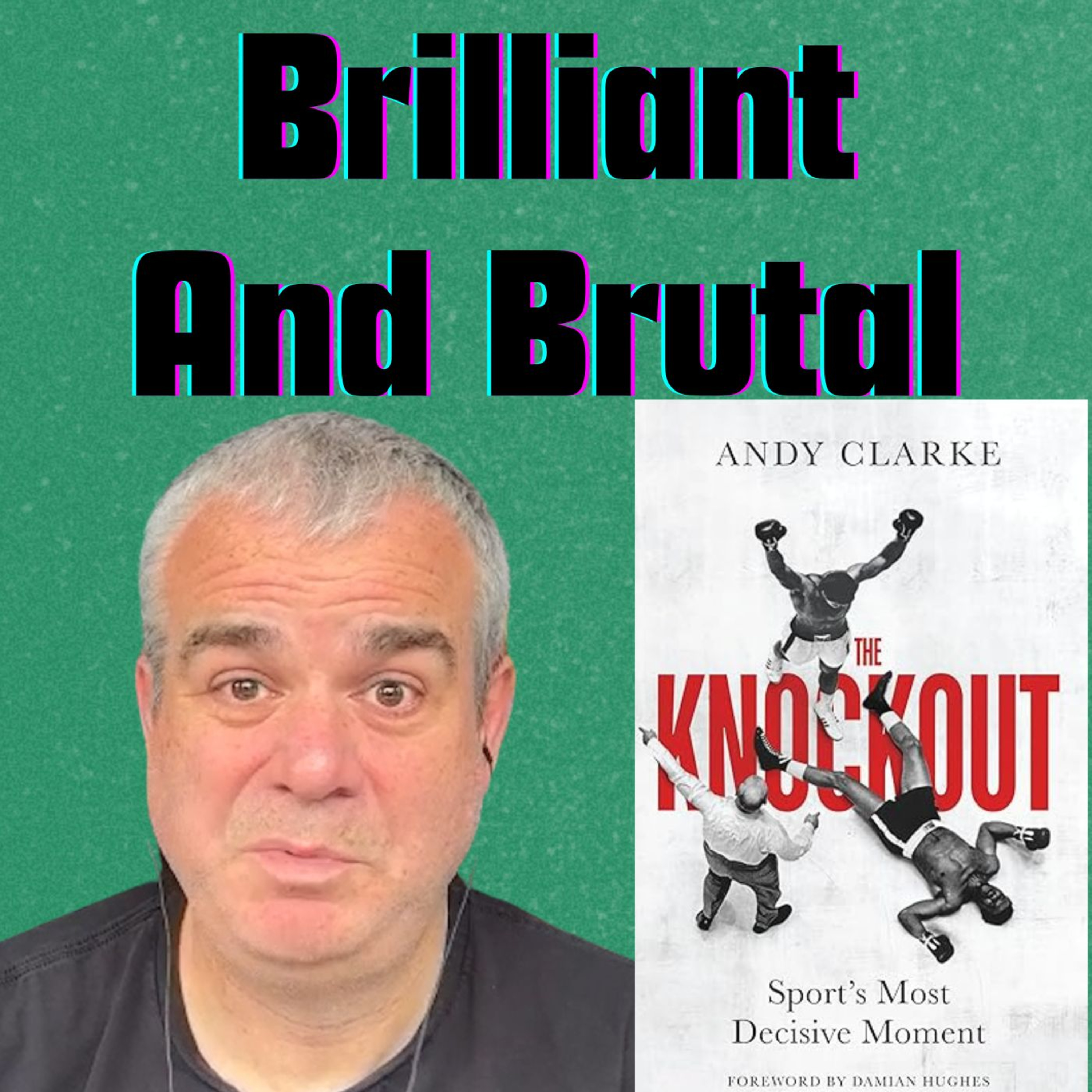This bit's brilliant
Podcast Description
What are the sport and music books worth reading? Another football bio? No ta. All Played Out by Pete Davies, yes please. AJ or Fury's latest? You're alright. The Sweet Science by AJ Leibling? Absolutely. A takedown of Tay Tay? How about Coal Black Mornings by Brett Anderson.
The books you need on the things you love.
Podcast Insights
Content Themes
The podcast explores themes surrounding sports rivalries, cultural shifts in music, and significant figures in both fields, with episodes discussing books like The Perfect Distance by Pat Butcher, which chronicles the rivalry of athletes Coe and Ovett, and 1984: The Year Pop Went Queer by Ian Wade, detailing the impact of inclusive pop music in the 1980s.

What are the sport and music books worth reading? Another football bio? No ta. All Played Out by Pete Davies, yes please. AJ or Fury’s latest? You’re alright. The Sweet Science by AJ Leibling? Absolutely. A takedown of Tay Tay? How about Coal Black Mornings by Brett Anderson.
The books you need on the things you love.
Welcome to **This Bit’s Brilliant**, the book podcast presented by **Simon Q Elliott** and **Paul Ging**, where life’s too short for boring books. In this episode, the pair dive headfirst into the brutal, beautiful and unsettling world of boxing with **The Knockout by Andy Clarke** – a truly outstanding book that looks at the most dramatic moment in sport and asks what it really means for everyone involved.This isn’t just a boxing book about fights and results. Andy Clarke, one of the sport’s sharpest writers and an insider with years of ringside experience, gets under the skin of boxing by focusing on the knockout itself – that split second when hope ends, everything changes, and lives are altered forever. Clarke explores the knockout from every angle: the fighter who lands the punch, the fighter who takes it, the trainers, referees, journalists, families and the silent, stunned dressing rooms that follow.Simon and Paul talk through some of the book’s most powerful moments, including Clarke’s writing on iconic British bouts like **Carl Froch vs George Groves**, as well as lesser-known but equally devastating fights that reveal just as much about boxing’s psychological cost. Along the way, the episode touches on fighters and figures such as **David Haye**, **George Groves**, **Carl Froch**, **Barry McGuigan**, **Deontay Wilder**, **Tyson Fury**, **Mike Tyson**, **Teddy Atlas** and many more, placing the book firmly in the wider boxing landscape.What makes *The Knockout* such a great read is Clarke’s ability to balance empathy with honesty. He doesn’t glamorise violence, but he doesn’t look away either. He captures what it feels like to be “hurt”, what it takes to come back from a knockout, and why for many fighters the real damage isn’t physical but emotional – to ego, identity and self-belief. From packed arenas to small halls like York Hall, this book takes you places most fans never get to see.This episode is perfect for boxing fans, sports readers, and anyone interested in the psychology of competition, courage and loss. Whether your reference points are Froch, Haye and Groves, or the raw atmosphere of grassroots boxing, this conversation shows why *The Knockout* is one of the best modern books on the sport.If you love boxing books, sports writing, and podcasts that really dig into what makes great books tick, this one’s a must-listen.Explore the fascinating world of music and sport through the lens of amazing book reviews!
It even covers why plenty of people in boxing actually love the Rocky movies.
On this unique podcast we dive into literature on sport and music. uncovering hidden gems and unexpected connections. From classic writing to the all time bestsellers, we'll give you book reviews that lead you to discover great writing that resonates. Join us on this captivating journey as we delve into the world of words and melodies!

Disclaimer
This podcast’s information is provided for general reference and was obtained from publicly accessible sources. The Podcast Collaborative neither produces nor verifies the content, accuracy, or suitability of this podcast. Views and opinions belong solely to the podcast creators and guests.
For a complete disclaimer, please see our Full Disclaimer on the archive page. The Podcast Collaborative bears no responsibility for the podcast’s themes, language, or overall content. Listener discretion is advised. Read our Terms of Use and Privacy Policy for more details.